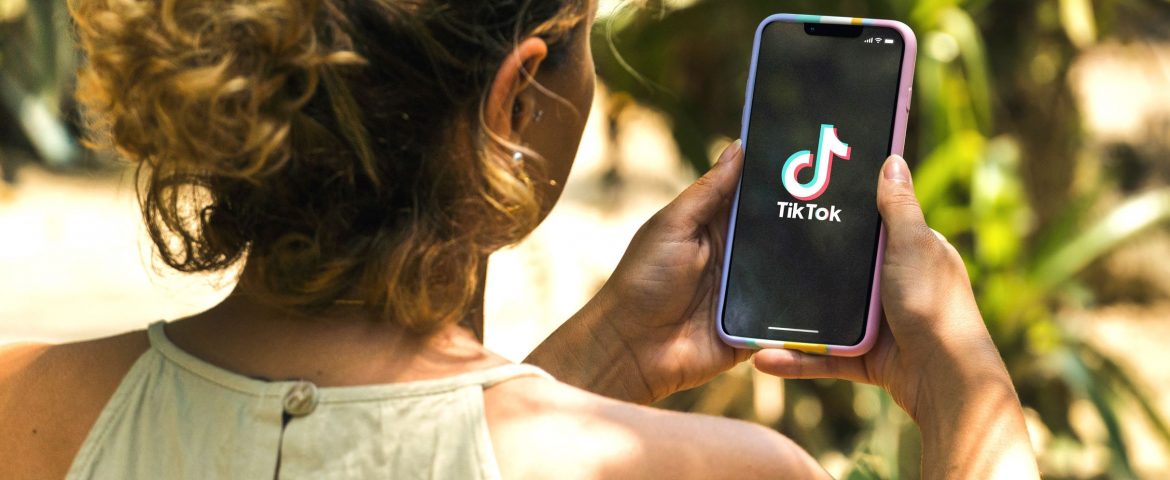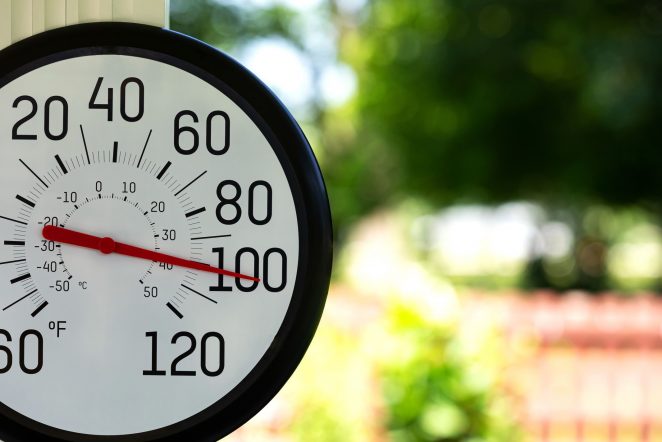There is constant evaluation, comparison, connection and rejection of values, ideas and beliefs. And today’s teens, who spend an average of 4.8 hours per day on social media, have more outside influences to sift through than ever before.
Leading mental and behavioral health experts are concerned this is contributing to an increase in self-diagnosis of behavioral health disorders by teens active on apps like Instagram, Facebook, X (formerly Twitter), YouTube and TikTok.

Here’s why experts are concerned:
- Individuals and influencers vary greatly in accuracy and reliability. They are resources who, at best, speak to their own specific symptoms and situations, not the disorder in general. And who, at worst, are potentially misleading or untruthful to gain likes, clicks and follows.
- Being able to relate to someone’s symptoms or experiences does not mean you have the same disorder they do, or even have a disorder at all. But teens who are in the process of identity formation are more likely to oversimplify or over-dramatize normal emotions and symptoms in an effort to find connection and understanding.
- Placing more value on a label (“depression” or “bipolar”) than on actual experiences to fit in with a specific group can oversimplify or distort the true nature of a disorder or condition.
- Professional time and resources can be tied up by those who have incorrectly self-diagnosed a disorder.
- Scrolling social media can itself lead to mental health issues, particularly in teens. According to one research study, teens who use social media more than three hours per day face twice the risk of having depression and anxiety.
 Social media isn’t without positives when it comes to behavioral health. The more people talking about their own experiences, the less taboo it becomes to do so, making teens more willing to talk to a trusted adult or behavioral health care provider. Social media can also be a great way for teens who have been given a medical diagnosis to connect with others who share their experiences.
Social media isn’t without positives when it comes to behavioral health. The more people talking about their own experiences, the less taboo it becomes to do so, making teens more willing to talk to a trusted adult or behavioral health care provider. Social media can also be a great way for teens who have been given a medical diagnosis to connect with others who share their experiences.
But, benefits aside, it’s important to keep in mind that behavioral health is complex and a measurable, evidence-based diagnosis from a qualified health care professional cannot be replaced by social media—no matter how compelling the content.
If you or your teen are looking for a behavioral health care provider, contact your health coverage provider. Priority Health members can find their mental health benefits in their member account, on the mobile app, or by calling the number on the back of their member ID card.


